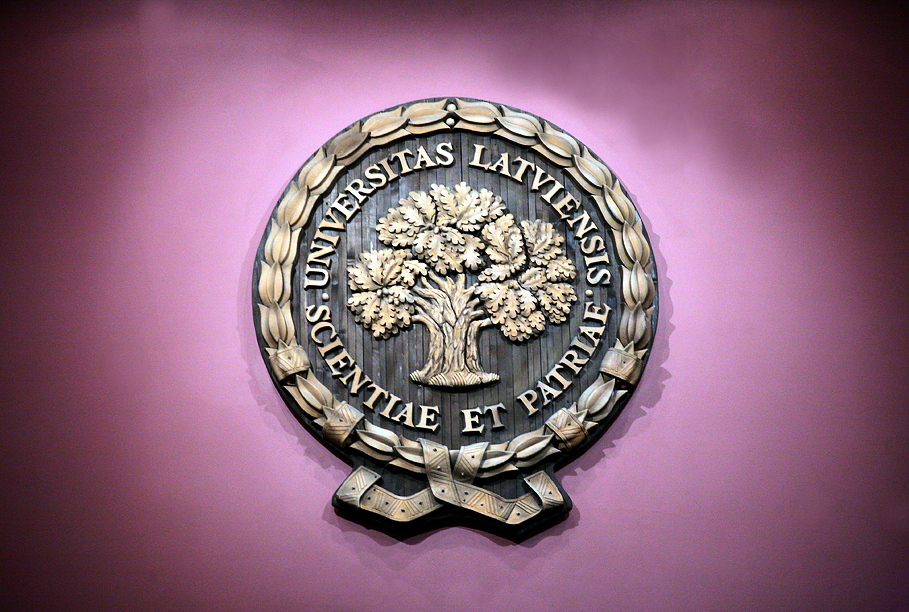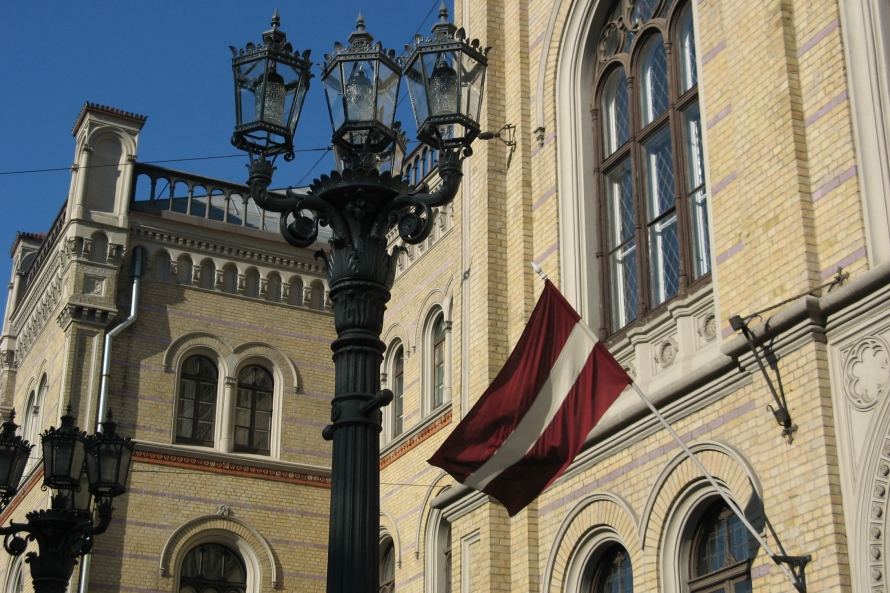Earning an approximate rating amongst the academies of undergraduate and post-graduate education around the world between the top 700-800 schools, UL retained its position there for a second year in a row.
The QS ranking is a ten-year project that says the following about its methodology:
First compiled in 2004, the QS World University Rankings currently considers over 3,000 institutions, and ranks more than 800. The top 400 universities are ranked individually, while those placed 401 and over are ranked in groups.
Its assessment of UL’s undergraduate offering reads as follows:
The UL’s provision of educational undergraduate programmes reflects a dynamic process of evaluation within past 10 years. The strategic goal is to ensure far reaching accessibility to the BA study programmes, which guarantee employment possibilities after graduation. These programmes are academic and professional study programmes based on local-relevance research on subjects of importance in the community, generally recognized methodology and study infrastructure, developed taking into account the latest achievements in science. The UL promotes the development of interdisciplinary, inter-institutional, programmes of excellence for especially well trained and motivated students.
Its assessment of UL’s post-graduate offering:
The UL’s provision of educational postgraduate programmes reflects a dynamic process of evaluation within past 10 years. The strategic goal is to ensure the Latvian economy with leaders and managers in the governmental and non-governmental sectors, to ensure the renewal of academic staff at the UL and other Latvian institutions of higher education and research. Graduate study programmes with higher degree of selectivity, specialisation and internationalisation are based on research activities corresponding to the mission of a research university. In such programmes student numbers are average sized, the methodology is original and the study infrastructure is more specialised and expensive.
Latvian media were quick to note the presence of multiple universities in higher-listed groups from both neighboring Baltic countries. The rankings can be perused directly at their source by prospective seekers of scholarly knowledge.






























